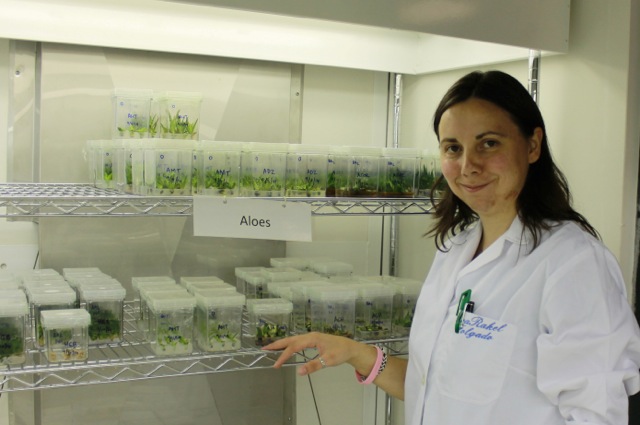About the Seminar:
Plants play a crucial role in our planet’s ecosystems. They are vital agricultural producers and support the horticultural and pharmaceutical industries. However, the alarming fact is that two-fifths of all plant species face the threat of extinction, putting global biodiversity at a significant risk. To combat this problem, botanical gardens worldwide are taking significant steps to conserve plant genetic resources and protect endangered species. Traditional preservation methods such as field banks are expensive and risky, and many plant species cannot be stored in seed banks. Therefore, gardens like The Huntington are developing advanced cryopreservation protocols that ensure the long-term conservation of plants at a low cost. The Huntington cryobiotechnology labs have made significant progress in conserving high-priority plant species like aloes, agaves, magnolias, avocados, and oaks using cryopreservation. The optimal cryoprotocols involve exposing plant parts such as shoots or shoot-tips to cold and osmotic stresses. Moreover, studies have shown that pre-culturing the shoots under abiotic stress conditions, such as cold or high sucrose, before cryopreservation can improve regeneration. This could be due to the plant’s natural tolerance to the stressor. Although more research is necessary to understand how different genotypes react to these constraints, it’s evident that cryopreservation is a valuable tool for conserving plant species. Therefore, we can confidently state that cryopreservation is a promising technique that can help us overcome the challenges of preserving our planet’s precious plant species.
This seminar is a joint seminar between analytical chemistry and agricultural biology



